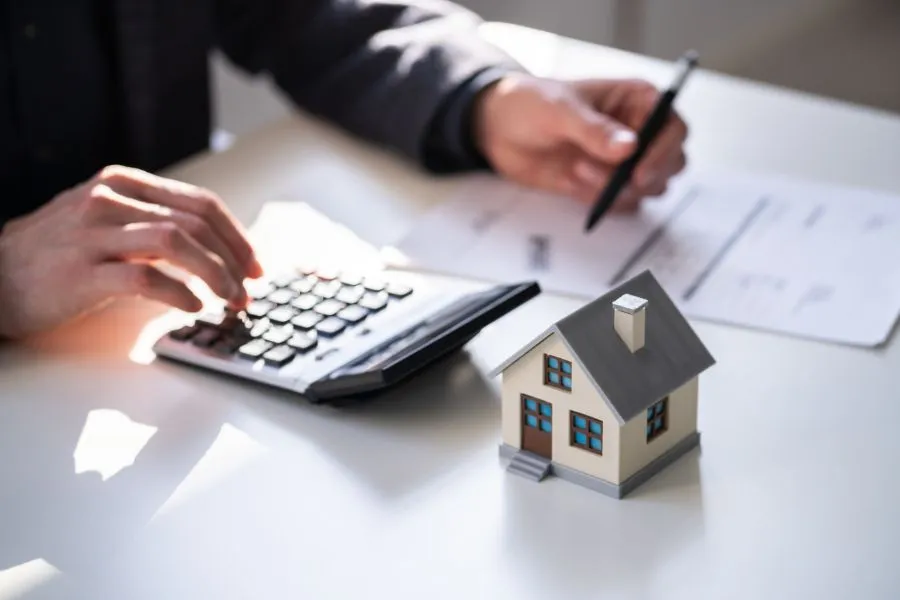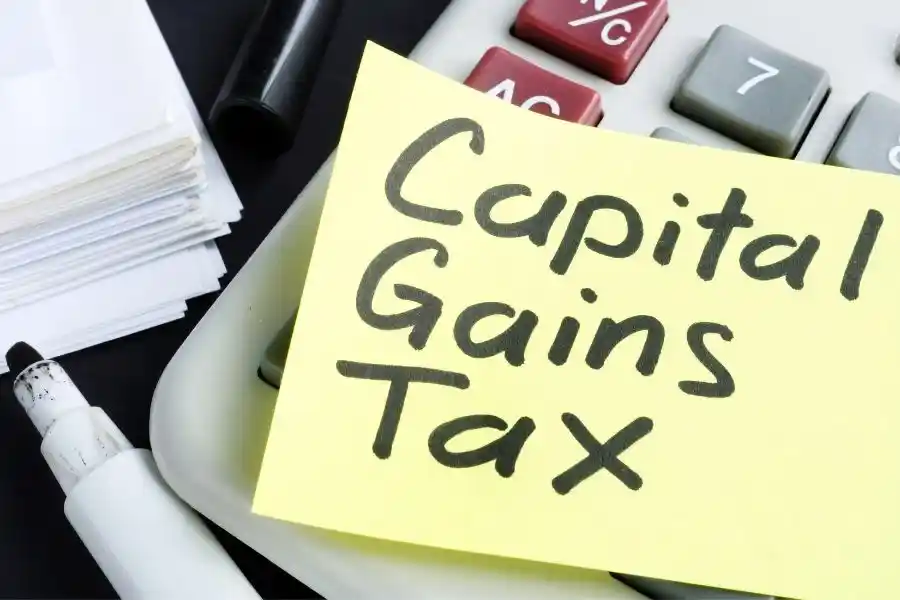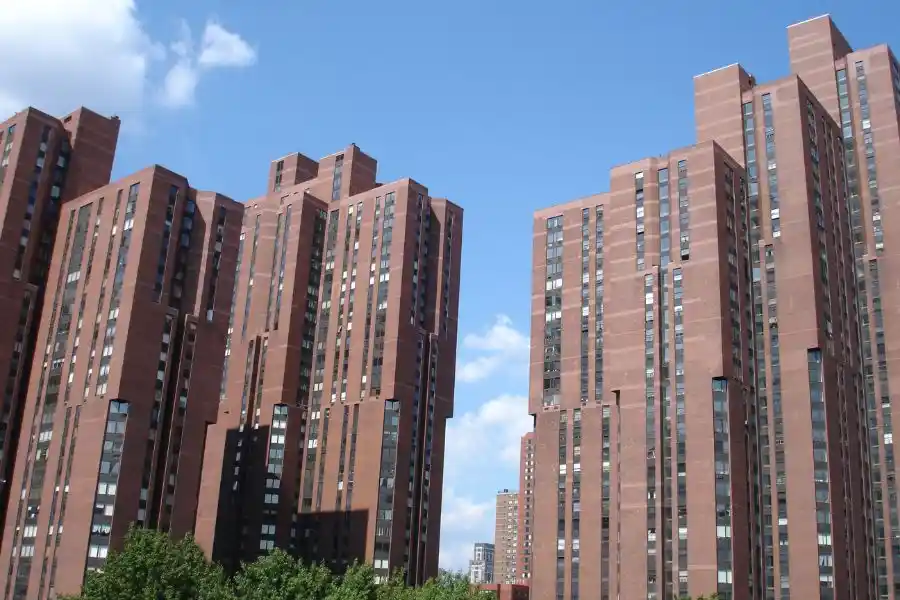What is the tax on selling an apartment in NYC? It’s a very important question to find an answer to if you are planning on selling your apartment in the city. The answer relies upon what kind of apartment you are selling.
City and state taxes
The first tax you need to know about is NYC’s Real Property Transfer Tax (RPTT), commonly called a transfer tax. They apply to both co-op and condo apartments. The tax rates are:
- 1% for apartments that sell for less than $0.5 million (>$500,000)
- 1.425% for apartments selling for more than $0.5 million (<$500,000)
Then there are the state taxes. The basic tax rate is 0.4% or $2 for every $500 the seller gets by selling the apartment. However, if your apartment sells for more than $3 million, there is an additional state tax of 0.25%, bringing the total to 0.625%.
So if you are selling an NYC apartment for $4 million, you will end up paying 2.05% in state and transfer taxes (about $82,000).
The seller can come to an arrangement with the buyer to pay these taxes (it’s allowed) but they are the seller’s responsibility. Heights neighborhoods. The price appreciation was even more substantial in the last decade (before the pandemic).

Flip Tax
The flip tax is far more common in co-ops than condos, but both types of apartments do have them. This is the tax the seller pays to the building’s board when selling the apartment and is used to build/augment the building’s reserve fund. It’s usually 1 to 2% of the sales price (For both types of apartments) but can be more in some co-ops and may be influenced by how long you have lived in the apartment. It’s not always a percentage. Sometimes, it’s a dollar amount per co-op share or a fixed dollar amount. Your New York City broker can help you understand these taxes, and if the market is right, it might even help you negotiate them off to the buyer.












